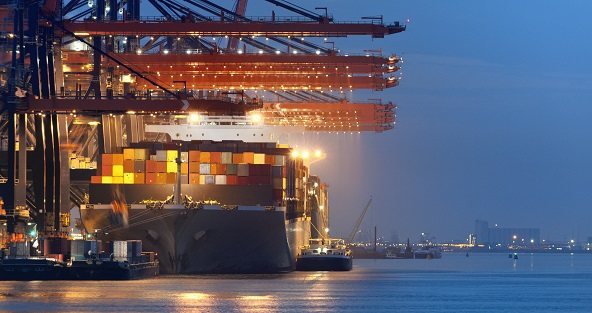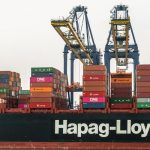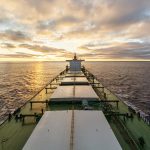Shippers are diverting from transiting through the Middle East and watching for any sign of increased traffic in the Suez Canal, amid a recent pickup in attacks in the Red Sea and the Gulf of Aden, as more security steps beef up to ensure crew safety, according to shippers and industry sources.
Some shippers are avoiding the region entirely and instead choosing to transit around Africa, and this is adding about two weeks to their voyages and increased emissions, David Loosley, secretary general of shipping industry group Bimco, said Dec. 10 on the sidelines of the Shaping the Future of Shipping summit held at the Museum of the Future in Dubai.
Risks to shipping in the Red Sea and Bab al-Mandeb area — through which about 10% of global seaborne oil flows — ratcheted up in the wake of the Israel-Hamas war after Iranian-backed Houthis in Yemen expressed their support for the Palestinians. From a car carrier to tankers to dry bulkers, an entire range of commercial ships has come under attack by Houthis, prompting navies and coast guards to issue advisories on the heightened need for security. This has led to a rise in tanker rates in the area, alongside “insurance rates” Loosley said, adding that “but the bigger impact is rerouting.”
Another step being taken to ensure the safety of the crew is putting more people on the lookout in case of an attack by helicopters, as was the case in one of the incidents. “There aren’t many people aboard these ships. And if you think of the size of the ship, there is a very large landing area,” Loosley said. “You’d expect the crew to be looking forward, looking for other ships. They don’t want to hit ships.”
UK authorities reported Dec. 3 multiple threats to shipping transiting the Bab el-Mandeb Strait at the entrance to the Red Sea, S&P Global Commodity insights reported earlier.
“The attacks are a flagrant breach of international law and maritime norms by paramilitary forces in Yemen,” the International Chamber of Shipping said in a Nov. 29 statement on its website. “ICS firmly believe that the well-developed maritime security architecture in the region should continue to be maximized to ensure that no other ships and their crew fall victim to such aggression.”
The UK’s Maritime Trade Operations is issuing regular alerts urging caution to shipping whenever it receives information on uncrewed aerial systems or drones moving in the region.
“That’s a collaboration between government and industry to make sure we’re getting those early warnings to prevent people getting caught and to advise people to stay clear,” Loosley said.
Suez Canal
Shippers, meanwhile, are also watching for any evidence of more congestion in the Suez Canal, from where 19,000 vessels transit each year.
Whether the attacks affect the Suez Canal “will be a concern for everyone,” Captain Rajalingam Subramaniam, president and CEO of Malaysia’s MISC Group, said in an interview at the shipping forum on Dec. 10. “To the best of our knowledge it has not been affected. The congestion should not be the primary concern. Our primary concern is the safety and security of our people. The right to innocent passage should be the priority and that should be protected by everyone.”
MISC Group’s fleet comprises over 100 owned and in-chartered vessels, including liquefied natural gas and ethane carriers, petroleum and product tankers, floating production systems and LNG floating storage units.
Earlier this year, the Group vowed to only order new ships that are ready to use alternative fuels such as LNG or ammonia, he said.
Prior to Subramaniam’s statement, Bud Darr, group executive vice president, maritime policy and government affairs at MSC Mediterranean Shipping, told S&P Global Commodity Insights Dec. 9 that “We’re watching the situation very carefully.” “We’re particularly taking notice of the nature of the latest attacks that may or may not even have a direct correlation to what we thought were the intended targets. There’s no doubt they will have some impact together with the operational considerations of the (Suez) Canal right now as to what happens with networks going forward.”
When asked if shippers can avoid the Middle East area, Darr said that “There are some things that a shipping company could do operationally, depending on point to point where the shipper and receiver are. But there are some places that can only be served through one avenue, such as Bab al-Mandab, so that might be an exception. It really depends on which trade you’re in as to how much flexibility you might have.”
How the attacks affect marine insurance is “still an open question. We have to watch that going forward,” he said.
MSC operates 800 ships and five aircraft to move cargo over 300 routes and 520 ports of call.
Source: Hellenic Shipping News






